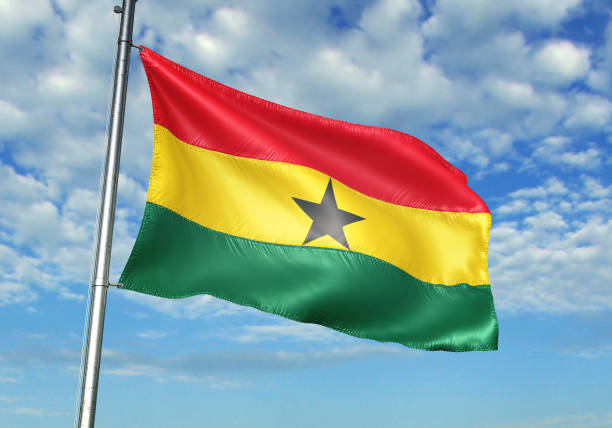The Ghanaian government is set to introduce an electronic transaction levy of 1.75 percent on all electronic transactions to widen the tax net and rope in the informal sector. Electronic transactions, in this instance, cover mobile money payments, bank transfers, merchant payments, and inward remittances. These charges are to be borne by the sender, except inward remittances, which will be borne by the recipient.
In a statement by Ken Ofori-Atta, Minister for Finance, and presented to the Parliament on Wednesday, 17th November 2021, this will take effect 1st February 2022, and transactions that add up to GH¢100 (US$16) or less per day will be exempt from this levy. This is one of its fiscal policy initiatives to boost economic growth.
Hear from Ghana’s Minister for Finance
To further illustrate why there is a need to regulate digital transactions, the finance minister said, “the preliminary results from a survey conducted confirms that digital transactions have become the ‘primary’ tool in recent times for the payment for goods and services as well as for transfers and remittances locally, and in some cases, abroad. The survey also showed that digital transactions have far surpassed cash and cheques as the preferred medium for transactions”.
The data showed that between February 2020 and February 2021 alone, Ghana saw an increase of over 120 percent in the value of digital transactions compared to 44 percent for the period February 2019 to February 2020. Apart from the convenience, the online selling offers to some Ghanaians, the surge, we believe, was primarily due to the increase in the use of digital platforms due to the COVID-19 pandemic at the beginning of 2020.
According to the minister of finance, the total value of digital transactions for 2020 was estimated to be over GH¢500 billion compared to GH¢257 billion in 2019 and GH¢78 billion in 2016, in just a margin of 5 years.
Insight
According to a BCG report, in Ghana, the mobile wallet model has achieved strong market penetration and monetization of consumer-to-consumer transactions, and Ghana has the third-highest mobile payment market after China and Kenya, accounting for 82% of the country’s GDP and a transaction value of $68 billion in 2020.
Given the high penetration of digitized transactions in Ghana, most Ghanaians would be affected by this incoming policy, and while the Ghanaian government seeks to widen the tax net through this new levy, the news appears to have been received with skepticism about its effect on the country’s current digitisation agenda, as it may make some people resort to the use of cash, although inconvenient.
